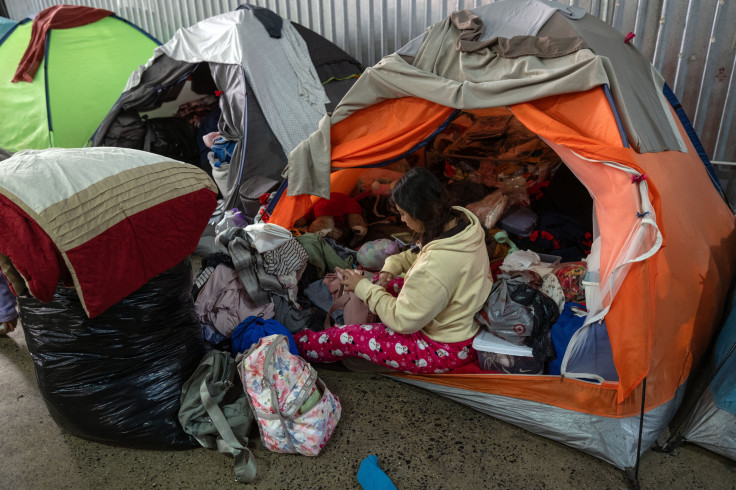
The shelter established in Tijuana to accommodate deported Mexican nationals has remained largely empty since its opening nearly two weeks ago, according to the coordinator who runs the facility.
According to Mónica Vega Aguirre, the facility's coordinator with the state of Baja California, only 605 deported individuals have stayed at the shelter, despite its capacity to house up to 2,600 people, according to Border Report.
Vega Aguirre stated that approximately 95% of those who have used the shelter are single men, many of whom had recently been apprehended attempting to cross the border unlawfully or had their asylum claims denied, as Border Report explains. Aguirre noted that the large-scale deportations that were anticipated have not materialized:
"The announced mass deportations have not taken place. We have noticed that some were likely in detention centers based on their clothing, but it's important to remind people these men are not criminals here."
The majority of deported individuals arriving at the shelter opt not to stay overnight. Many choose instead to return to their home states using bus tickets provided by the federal government, while others receive assistance from their families to purchase airline tickets.
A week before these figures were reported, Vega Aguirre had indicated that the shelter had received an average of 50 people per day during its initial days of operation, with the busiest day seeing 90 arrivals. As of January 30, a total of 212 people had passed through the facility, but most stayed only briefly to obtain documentation and basic services before leaving. On the night of January 29, only 41 individuals remained at the shelter.
Baja California Secretary of State Alfredo Álvarez Cárdenas also confirmed that deportations had not increased significantly since President Trump took office. "It's been the normal levels," he said. "This hasn't turned into an emergency, we have yet to see a significant increase."
Despite the lower-than-expected influx, the shelter continues to provide services such as meals, medical and psychological care, and assistance with obtaining official documents, including birth certificates.
© 2025 Latin Times. All rights reserved. Do not reproduce without permission.





